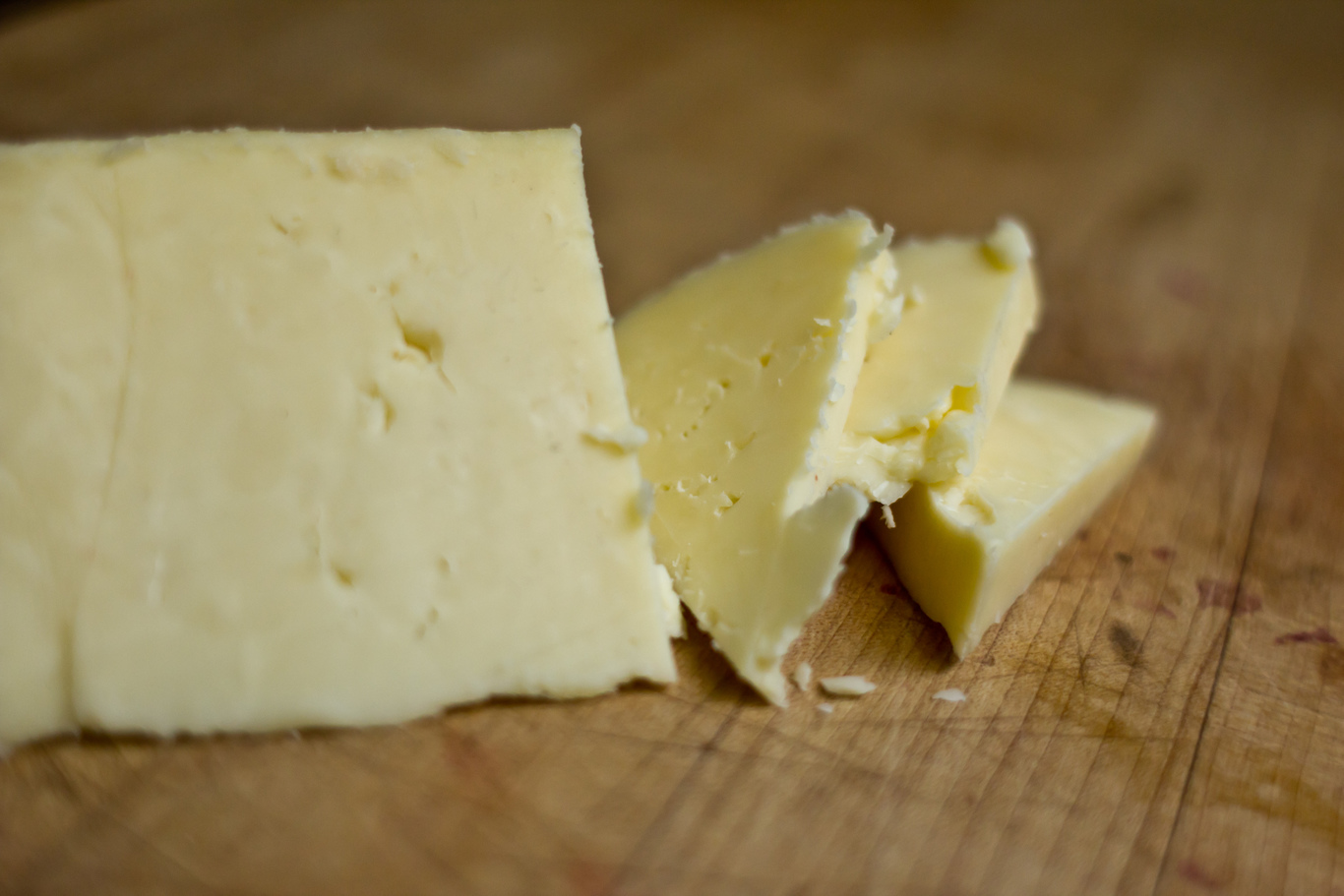Will cheddar cheese be Ireland's Brexit canary in the coalmine?
Exports of the product have already plunged after the EU-exit vote.
IN TIMES NOT long past, miners would carry a caged canary down into mines with them.
Unfortunately for the canary, its sensitivity to dangerous conditions meant it was used as a primitive early warning system for troubles ahead – in the case of the miners, toxic gases.
In a more recent development, it was reported that Irish exports of cheddar cheese to the UK have fallen by 13% year on year. Has cheddar cheese become Ireland’s canary, providing early warning of the dangers of toxic Brexit gases ahead?
If, ultimately, the EU negotiates a free trade agreement with the UK that falls short of full access to the single market – which now seems inevitable given that Theresa May has said that the UK will be leaving both it and the customs union – it is still possible that such an agreement could provide for some element of free trade between the EU and the UK.
Switzerland, for example, has a bilateral agreement with the EU providing for tariff-free access to the EU market, and it accounts for the main source of imported cheese to the EU.
However, should the UK leave the EU without a free trade agreement in place at that time, then the UK will trade with the EU on World Trade Organisation (WTO) terms – meaning that exports from EU member states, including Ireland, to the UK would be subject to tariffs and vice versa.
Ireland is by far the dominant EU player when it comes to UK imports of dairy products, followed by France and Germany, with cheddar being the main cheese exported from Ireland to the UK. When it comes to beef, Ireland again is the dominant EU supplier to the UK with a market share of around 70%.
As a result, any situation where tariffs are imposed on EU products imported to the UK will restrict Irish products by giving a potentially very significant price advantage to locally produced products.
For example, the tariff on cheddar cheese imported into the EU is currently a whopping €1,671 per tonne, on butter it’s €1,896 per tonne and on beef its 12.8% of the value being imported – plus a fixed amount ranging from €1,414 to €3,041 per tonne.
In the case of beef, this can add 40% to 50% to the cost, which significantly impacts on the ability of imported beef to compete with EU beef. At the moment, this suits Ireland very well, making beef from non-EU countries more expensive to import to the UK.
However once the UK leaves the EU, if the UK applies similar type tariffs to dairy and beef products imported from EU member states like Ireland, the impact would have a disproportionate effect on Ireland relative to other EU member states and would be potentially devastating for Ireland’s dairy and beef industries.
Also, as the UK agrees new trade agreements with other countries, Irish beef will be competing for the UK beef market with other countries like the US and South America.
Equally, UK beef entering the EU would be subject to tariffs. This could have the unfortunate effect of impacting the Irish beef-processing industry. Currently, as part of the EU single market, the UK sends carcases to Ireland for processing, following which the beef is then returned to the UK.
There is a risk that the new trade rules could make this industry uneconomic by hitting it with two tariffs. Firstly, an EU tariff imposed on the import of the carcases from the UK to Ireland, but then again on the export of the processed beef from Ireland back to the UK.
Ibec and the Irish Dairy Industries Associated have called on the Irish government to make sure their respective sectors get priority in the Brexit negotiations.
While there are likely to be a number of factors that have contributed to cause a fall in Irish exports of cheddar cheese to the UK over the last year – including currency fluctuations as a result of Brexit – cheddar cheese could very well be Ireland’s canary, warning that it’s time to take steps to prioritise the safety of the Irish drink and foodstuffs industries before they are suffocated by Brexit gases.
Sean Ryan is a partner in Eversheds Sutherland’s corporate and commercial department, and the chair of its designated Brexit unit.
If you want to share your opinion, advice or story, email opinion@fora.ie.






